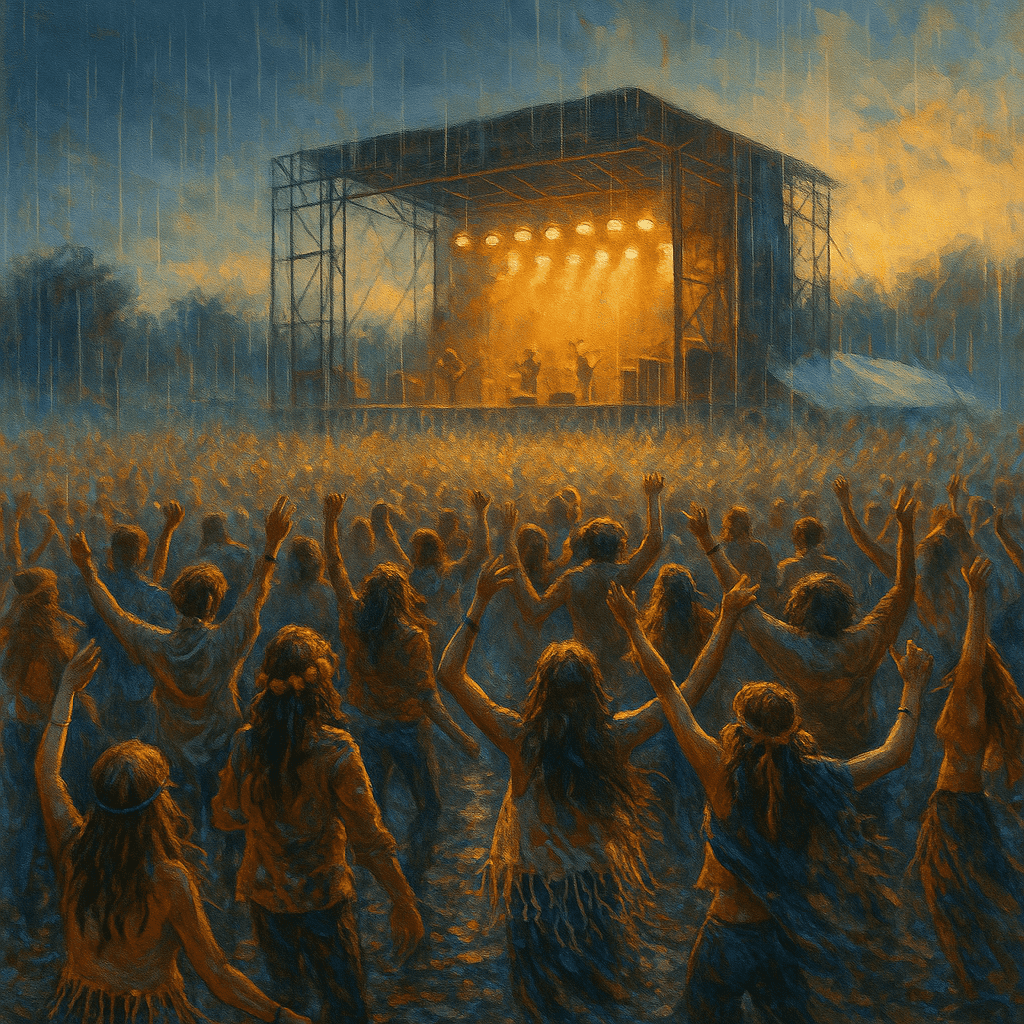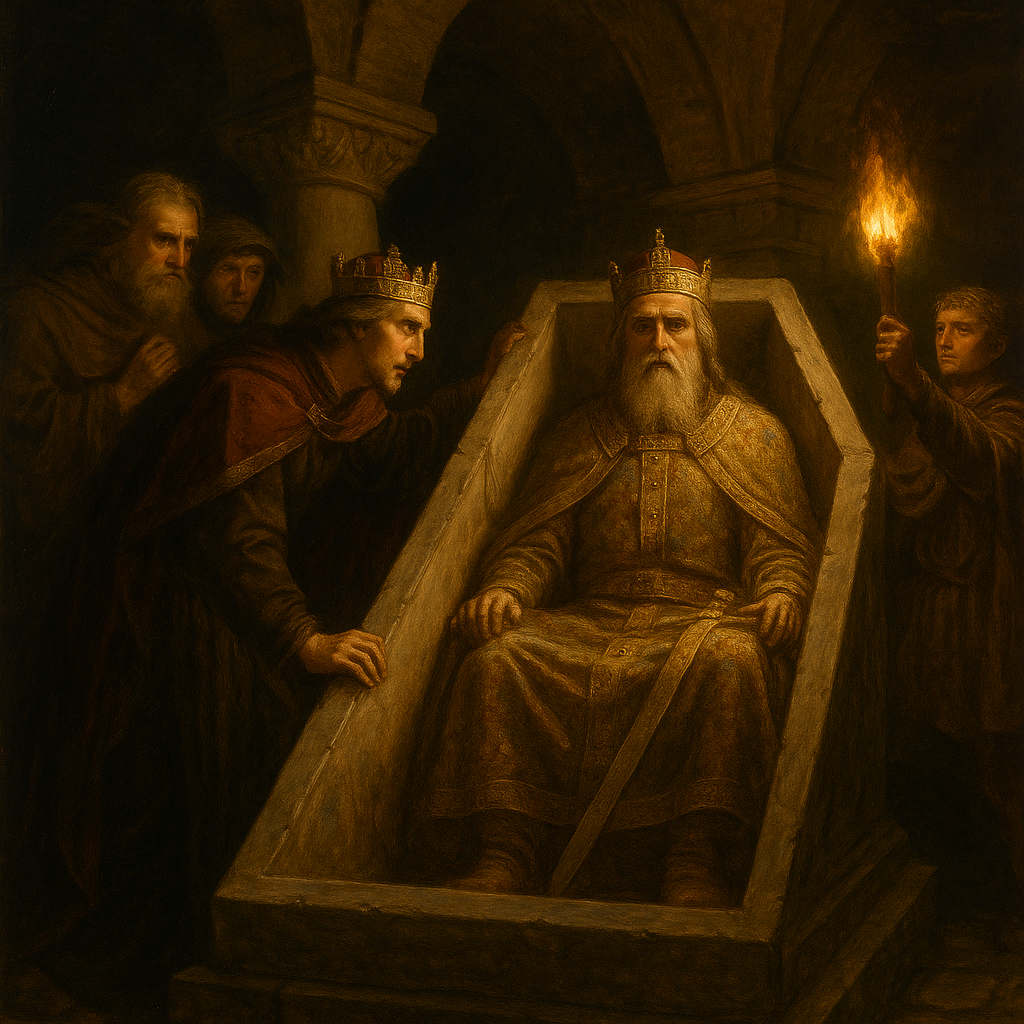
The Discovery of America: Consequences for the World

The discovery of America in 1492 by Christopher Columbus is often regarded as one of the most transformative events in human history. This pivotal moment altered the course of global development, initiating an era of exploration, conquest, and cultural exchange that profoundly shaped the modern world. While the discovery marked the beginning of European expansion and the Age of Exploration, it also led to significant consequences for societies on both sides of the Atlantic.
Christopher Columbus, an Italian navigator sponsored by Spain, set out to find a westward route to Asia. Instead, he reached the Caribbean islands, establishing the first sustained contact between Europe and the Americas. Although earlier Norse expeditions, such as those led by Leif Erikson, had reached parts of North America, Columbus's voyages were the catalyst for European colonization and global transformations. His journey was driven by the economic and political ambitions of Spain, eager to secure new trade routes to Asia and access valuable commodities like spices and silks. For Columbus, the voyage promised wealth, glory, and the opportunity to spread Christianity.
The landing in the Americas set off a chain of events now known as the Columbian Exchange, a massive transfer of goods, crops, animals, diseases, and ideas between the Old and New Worlds. This exchange had profound and lasting effects. Europe was introduced to crops such as potatoes, tomatoes, maize, and cacao, which not only diversified diets but also fueled population growth. Meanwhile, the Americas received wheat, sugarcane, and livestock like horses and cattle, fundamentally altering indigenous lifestyles and agricultural practices. Alongside these exchanges came devastating diseases such as smallpox and measles, which ravaged Native American populations, wiping out entire civilizations and reshaping the demographic landscape of the New World.

The consequences of Columbus's discovery were both immediate and long-term. In Europe, the influx of wealth, particularly from gold and silver extracted from the Americas, fueled economic expansion and helped finance the rise of colonial empires. The Spanish and Portuguese carved out vast territories, while nations like England and France soon joined the competition for colonies. The Atlantic trade routes became the economic heart of Europe, shifting power away from Mediterranean nations and establishing new global trade networks. The demand for labor on plantations in the Americas also led to the rise of the transatlantic slave trade, with millions of Africans forcibly transported to the New World. This trade not only transformed the demographics of the Americas but also left a lasting legacy of racial inequality.
Indigenous peoples bore the brunt of the discovery's negative impacts. Conquests by Spanish forces dismantled advanced civilizations like the Aztecs and Incas, while smaller indigenous groups faced displacement, cultural disruption, and violence. Entire ways of life were lost, yet indigenous resilience ensured the survival of traditions, knowledge, and contributions that continue to shape the Americas today.
The discovery of America also transformed the global ecological and cultural landscape. The introduction of invasive species, deforestation, and large-scale agriculture in the Americas altered its environment, while European societies were forever changed by crops like potatoes and maize, which spread across the world. These exchanges contributed to the early stages of globalization, linking continents in ways previously unimaginable.
The broader implications of Columbus's voyages extended beyond economics and ecology. The discovery challenged medieval geographical understanding and ushered in a new worldview. It expanded humanity's knowledge of the Earth, spurred scientific inquiry, and inspired subsequent explorations. Maps were redrawn, and a global consciousness began to emerge, setting the stage for an interconnected modern world.
The discovery of America was a watershed moment with profound and lasting consequences. While it brought new opportunities, wealth, and cultural exchanges, it also led to exploitation, colonization, and immense suffering. Its legacy remains complex, reflecting both the triumphs and tragedies of an era that reshaped the trajectory of history. Understanding the full scope of its impact allows us to appreciate the ways in which it continues to influence the world today.


